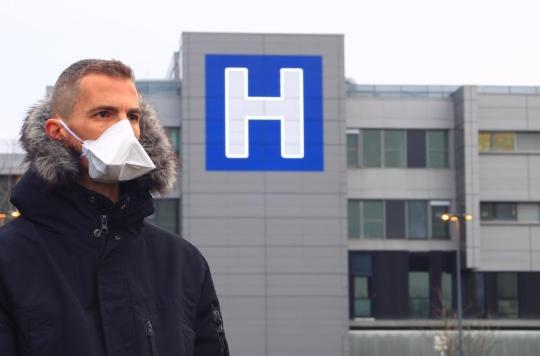In its latest report, the Court of Auditors denounces the low use of health data while France has the largest information base in the world.

A standoff begins between the Court of Auditors and the National Health Insurance Fund (Cnamts) around the management of our personal health data. In his latest report unveiled by Public actors and The echoes, the wise men of rue Cambon denounce the blocking of these data managed by the Health Insurance.
These collect all prescriptions and drug reimbursements. Each year, more than a billion treatment sheets are anonymized and gathered in the National Inter-Regime Health Insurance Information System (Sniiram) managed by Cnamts. France would have the largest health database in the world. A gold mine far from being sufficiently exploited in the eyes of the Court of Auditors.
An underutilized file
In its report commissioned by the National Assembly, it indeed judges that “considerable delay has been taken in the exploitation of Sniiram for the benefit of public health and research”. A delay attributed to the National Health Insurance Fund which “manages the data as if it were the owner, when it should only be a technical support”, say senior officials.
They also deplore the very (too) restrictive conditions of access to this data, in particular because of the National Commission for Informatics and Freedoms (Cnil) which ensures the protection of this sensitive information. They even speak of “paralysis”. For the Court of Auditors, this under-use of the Sniiram limits the fight against Social Security fraud and undermines the control of the expenditure of the health care system.
Address security flaws
The Wise Men thus pronounce themselves in favor of open-data. A movement of openness that could be reflected in the creation of the National Health Data System (SNDS) voted last December. But for that, the CNIL will have to be more conciliatory and will have to change its working methods. In particular, the Court would like the CNIL to intervene a posteriori to sanction misuse, and no longer be the front-line actor who must validate research projects.
Another black point noted by senior officials and that will have to be resolved when the SNDS is opened: security flaws. The Wise ones point out that a dozen risks considered to be major still remained in 2015 when they had been reported to the Health Insurance two years earlier. “System obsolescence” which also threatens the anonymity of patients. Securing the new file will therefore be very expensive for the State, believe the Court.
.













